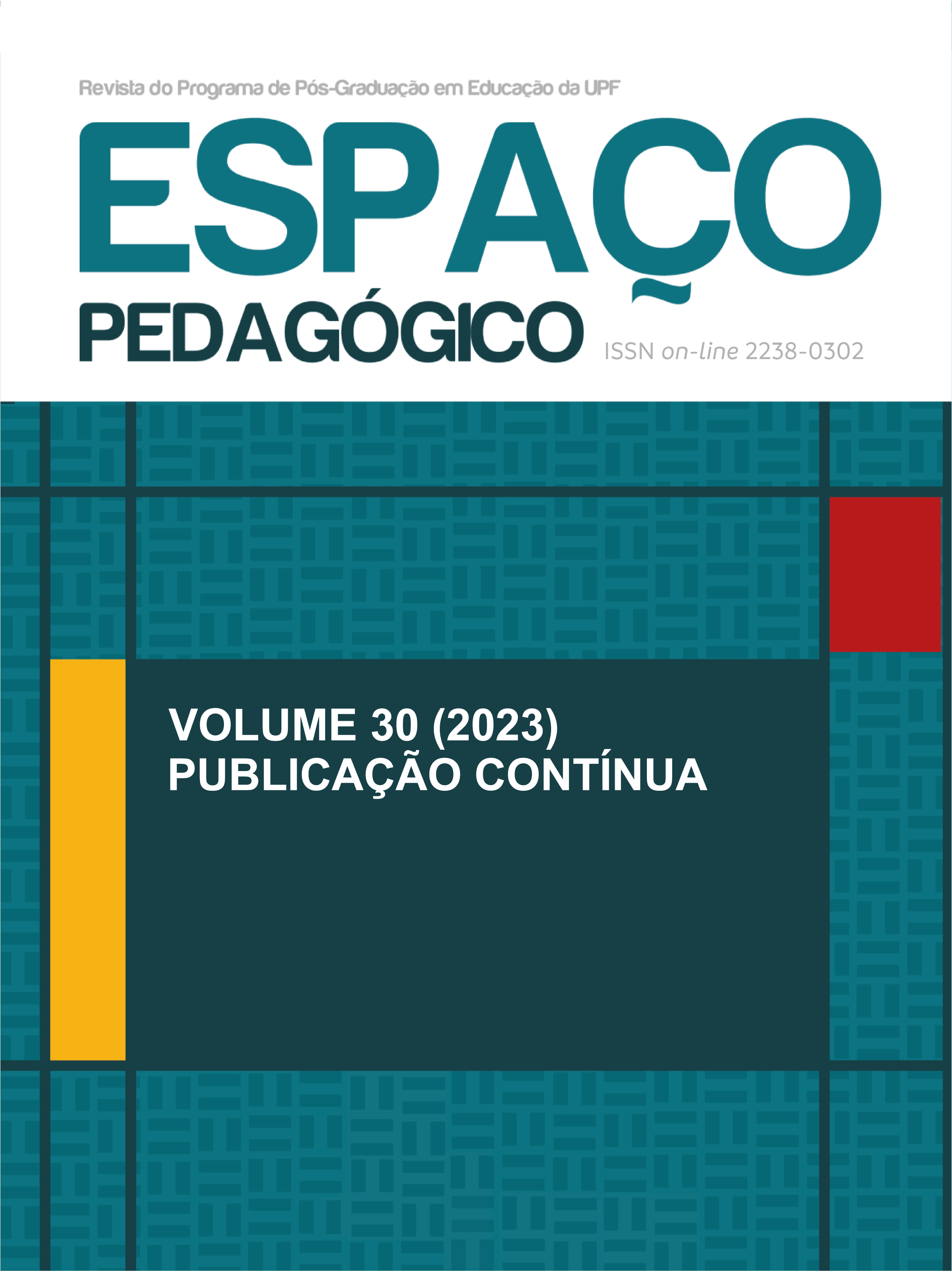Assessment of metacognitive abilities in teaching analytical chemistry
DOI:
https://doi.org/10.5335/rep.v30i0.14919Keywords:
metacognition; triarchic intelligence; chemistry problem.Abstract
The practice of metacognition in conducting teaching activities enhances the student's learning process and improves their academic performance. Bearing in mind the demand and the importance of monitoring learning that measures the skills developed by students, proposes the elaboration and analysis of metacognitive indicators of learning, based on the activities experienced with the application of an active teaching methodology, problem-based learning (PBL), during analytical chemistry classes. For this, indicators were previously elaborated that were destined for the evaluation of three metacognitive capacities of the undergraduates, namely, the creative, the analytical, and the practical. These indicators were established according to the triarchic theory of intelligence, by Robert Sternberg. This survey enabled reflections and decisions on the assumptions of students' self-knowledge in terms of their characteristics and abilities, and on the other hand, attention was paid to the analysis of the specificities of the academic tasks carried out during the execution of the PBL.
Downloads
Downloads
Published
Issue
Section
License

This work is licensed under a Creative Commons Attribution 4.0 International License.



